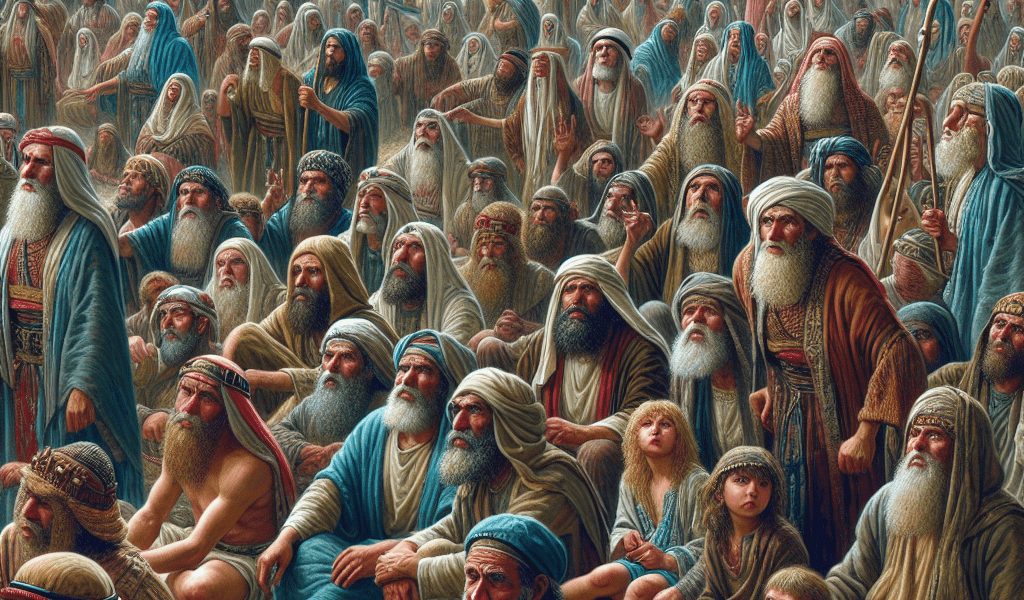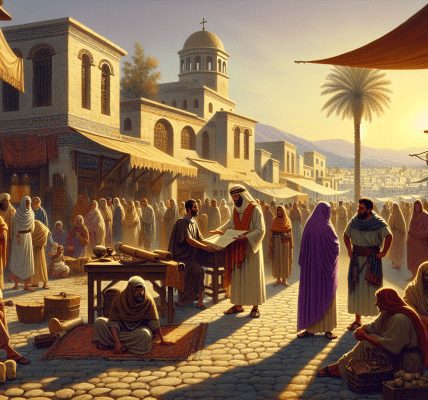Once upon a time, in the land of Israel, lived the faithful followers of Jehovah. Life for them was ordained and regulated by the holy laws of their God. Among them were men who were wounded in battle and those with physical imperfections. These men, however, were not allowed to partake in the assembly of Jehovah – a rule set by the divine word itself.
Aside from the physically impaired, another group, born out of wedlock, was also unable to enter the holy assembly. Even up to the tenth generation, no descendant of theirs was permitted. Similarly, the Ammonites and Moabites were banned eternally from the assembly due to their lack of compassion when the Israelites were on their exodus from Egypt. They refused to greet them with bread and water, instead, arrogantly hired Balaam, son of Beor from Pethor of Mesopotamia, to curse the Israelites. But Jehovah, in His infinite love for the Israelites, turned the curse into a blessing.
Despite their harmful intentions, the Children of Israel were forbidden from seeking vengeance or seeking the prosperity of the Ammonites or Moabites. Meanwhile, the Edomites and Egyptians, who were brothers and hosts to them respectively, were accepted and respected by the Israelites. Their children, by the third generation, could join the assembly of Jehovah.
Life in the Israelite camps was organized and disciplined. They were warriors, often going forth against their enemies, and yet, purity and cleanliness were paramount in their lives. Those who were unclean were sent outside the camp, returning only after bathing at sundown. A special area was designated outside their camps for their convenience, maintaining the sanctity of their camps. This was crucial as Jehovah was believed to walk among their camps, delivering them from their enemies.
In these camps, a man fleeing his master was to be offered refuge, he shall choose where it pleases him best to dwell, and he shall not be oppressed. No daughter of Israel was to become a prostitute, nor son engage in sodomy.
Moreover, they abhorred the presence of a harlot’s earnings or the wages of a canine in their temple. Also, they did not lend money with interest to their brothers, although they could to a foreigner. This was a practice directly related to Jehovah’s blessing on their land and possessions.
They were faithful in keeping their vows to Jehovah. If a vow was made, it was to be paid without delay. However, if one chose to abstain from vowing, it did not count as a sin. What they vowed out of their mouths, they would carry out.
When they visited a neighbor’s vineyard or standing grain, they were allowed to consume to their heart’s content but not carry away any in their vessels. They could pluck the ears with their hands, yet not wield a sickle in their neighbor’s grain. This was their life, under the watchful eyes of Jehovah – their God, who gave laws not only for their spiritual upliftment but also for their harmonious societal existence.




